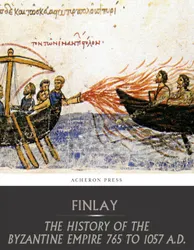THE institutions of Imperial Rome had long thwarted the great law of man's existence which impels him to better his condition, when the accession of Leo the Isaurian to the throne of Constantinople suddenly opened a new era in the history of the Eastern Empire. Both the material and intellectual progress of society had been deliberately opposed by the imperial legislation. A spirit of conservatism persuaded the legislators of the Roman empire that its power could not decline, if each order and profession of its citizens was fixed irrevocably in the sphere of their own peculiar duties by hereditary succession. An attempt was really made to divide the population into castes. But the political laws which were adopted to maintain mankind in a state of stationary prosperity by these trammels, depopulated and impoverished the empire, and threatened to dissolve the very elements of society. The Western Empire, under their operation, fell a prey to small tribes of northern nations; the Eastern was so depopulated that it was placed on the eve of being repeopled by Sclavonian colonists, and conquered by Saracen invaders...
The Later Byzantine Empire
Kom igång med den här boken idag för 0 kr
- Få full tillgång till alla böcker i appen under provperioden
- Ingen bindningstid, avsluta när du vill
Författare:
Språk:
Engelska
Format:
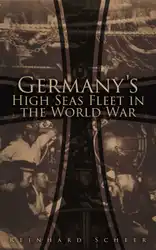
Germany's High Seas Fleet in the World War : Historical Account of Naval Warfare in the WWI

Tribal Custom in Anglo-Saxon Law

English Coins and Tokens, with a Chapter on Greek and Roman Coins : Enriched edition.

The Anglo-Saxon Century and the Unification of the English-Speaking People : Enriched edition.

A Short History of Carthage
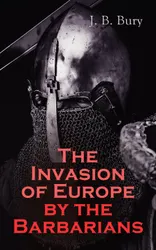
The Invasion of Europe by the Barbarians

The Brink : President Reagan and the Nuclear War Scare of 1983

Alexander the Great (Serapis Classics)

History of Julius Caesar
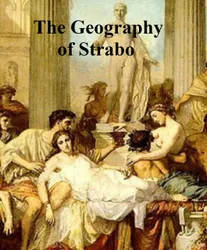
The Geography of Strabo
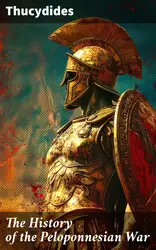
The History of the Peloponnesian War : Enriched edition. Historical Account of the War between Sparta and Athens
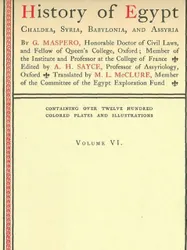
History of Egypt, Chaldea, Syria, Babylonia, and Assyria, Vol. 6


